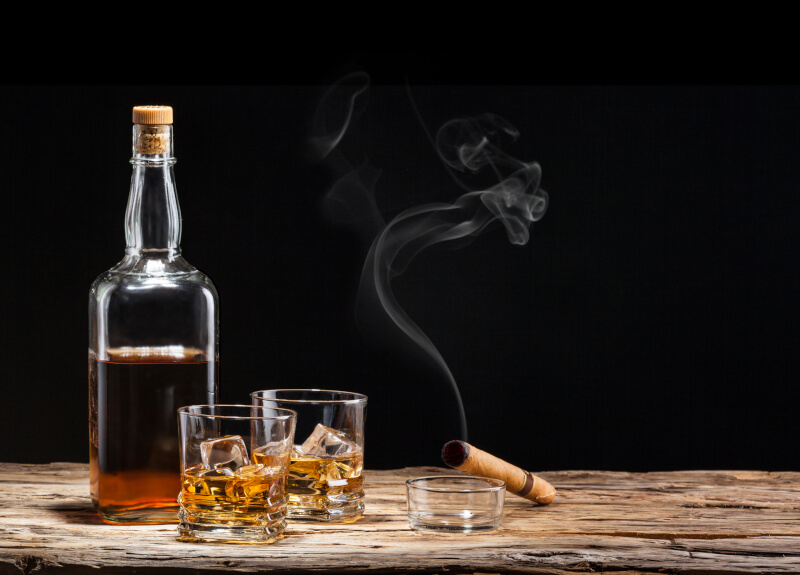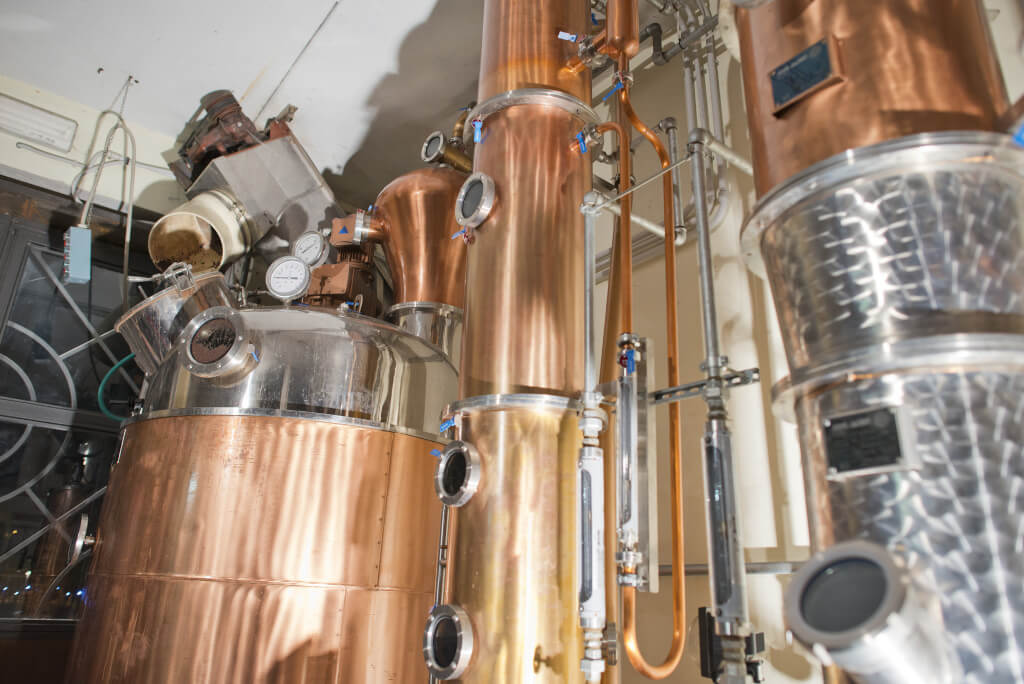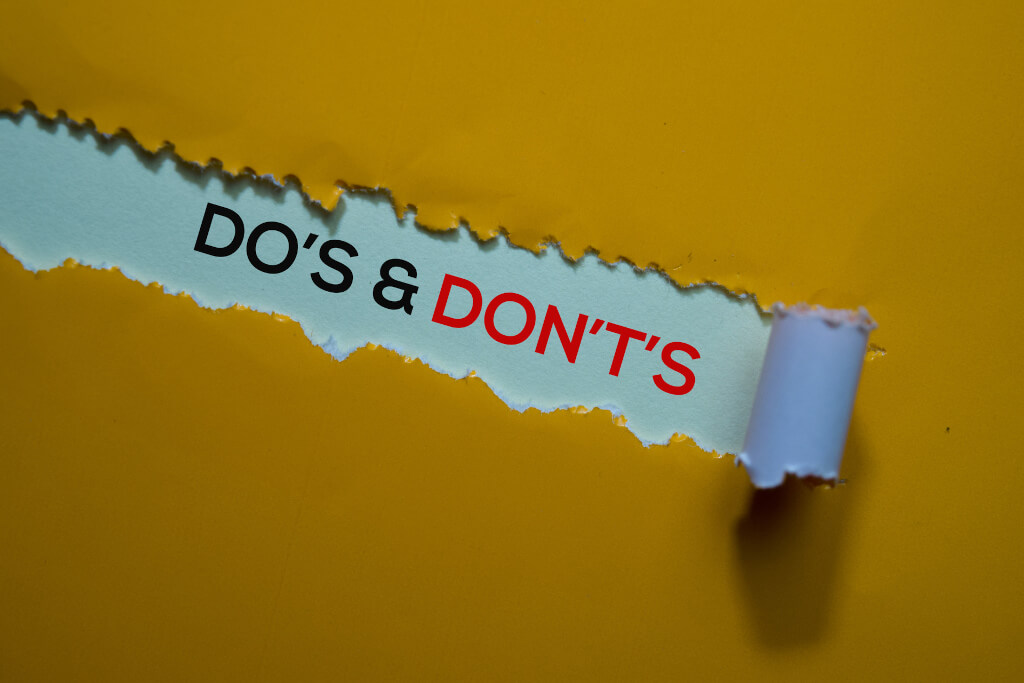Ancient Cultures’ Use of Alcohol
The First Records of Alcoholic Beverages and the Cultural Impact They Had
Nearly 10,000 to 12,000 years ago, in the Stone Age, the first alcoholic beverages appeared. Fermentation is a process that our ancestors may have discovered by accident, according to archaeological evidence. This may have happened when wild yeasts are mixed with fruits or grains. These drinks, while initially discovered by chance, quickly became staples of ancient culture. Not only did they play an important role in people’s daily diets, but also in their religious observances, medical treatments, and interpersonal relationships.
An Introduction to the Drinking Rules of Ancient Cultures
The regulation of alcohol in ancient societies focused on the production and religious use rather than private consumption. Beer manufacturing in ancient Mesopotamia was strictly regulated, and most home brewing was done by women. The Egyptians went much further, employing alcohol as currency and including it in sacred rituals. The sale of wine was heavily regulated by Roman law, but the Greeks also had their own set of rules. Both societies displayed an early example of social regulation of alcoholic beverages by frowning upon binge drinking.
The Ancient Alcohol Prohibition Rules Were Influenced by Both Culture and Religion
The cultural and religious contexts of their time significantly shaped these legal norms. Beer, for example, was revered as a holy nectar in ancient Egypt. Its manufacturing and use were sometimes governed by priests to maintain its sanctity. Social norms, rather than legal mandates, were used to control alcohol consumption in ancient Greece and Rome, where gods like Dionysus and Bacchus personified the beverage. However, society reacted negatively to those who indulged too much since they were thought to be showing contempt for the gods.
The Monastic Breweries of the Middle Ages
The Middle Ages Saw the Beginning of Regulated Alcohol Manufacture
As we enter the Middle Ages, alcohol production advances in sophistication and efficiency. Following the decline of the Roman Empire, monastic breweries gradually became major hubs for the production of beer and spirits. Beer was brewed at these monasteries not just as a food supplement but also as a more sanitary alternative to drinking water. The Church, which held considerable sway at the time, had a major impact on the alcohol prohibition policies of the day.
Alcohol Policy and the Impact of Monastic Breweries
The alcohol regulations of the Middle Ages were significantly influenced by monastic breweries. The monks were responsible for raising the bar for quality in the brewing industry. They were the first to employ hops in beer, another innovation. Further, they codified regulations for the distribution and sale of beer. Cistercian and Benedictine monks were particularly active in establishing vineyards and creating wine laws, extending the monastic sphere of influence to the manufacture of wine.
A Brief Look at the History of Alcohol Prohibition in Islamic Societies
Another story was taking shape in the Islamic world at the same time. Alcohol was declared ‘haram,” or outlawed, after the spread of Islam in the 7th century. Some of the earliest examples of formal alcohol restriction can be traced back to the Quran’s strong warnings against drunkenness among Muslims. Different Islamic communities had different prohibition laws, but the general idea persists in many Muslim nations.
The Colonial and Exploration Era
Alcohol Policy Shifts as a Result of Global Exploration and Colonization
Changes in alcohol policies were widely seen as the Age of Exploration and Colonisation commenced around the globe. The European powers regulated the manufacturing of alcohol in their colonies using European techniques. Both for financial gain and to exert more authority over their colonies, they set out to restrict the distribution of alcoholic beverages. As a result, liquor laws around the world have become increasingly varied as new statutes have been enacted and as they have been altered to reflect local customs, resources, and requirements.
The Effect of the Rum Trade on Colonial-era Legislation
Particularly influential in alcohol regulation was the rum trade. Liquor regulations were significantly impacted by the triangular trade that occurred between Africa, the Americas, and Europe in the 17th and 18th centuries. In the American colonies, for instance, rum played a significant role in the economy, prompting the establishment of rules regarding its manufacture, distribution, and consumption. Similar legal frameworks developed in the various Caribbean colonies, with rum serving as the foundation for the colonies’ economies and legal systems.
The Gin Craze and Legislative Response in England
There were major social and physical problems as a result of the 18th-century gin craze that ravaged England. The Gin Act of 1751 was the most significant of three Gin Acts issued by the British Parliament to regulate gun use. High levies on retailers and stringent licensing regulations were implemented as part of these measures to discourage excessive gin consumption. This was a significant departure from prior lenient laws and was among the earliest efforts to regulate alcohol sales for public safety.
The Global Effects of the Prohibition Era

In-depth Analysis of the United States Prohibition Era
Moving into the modern era, the United States Prohibition Era was a watershed point in the evolution of casino regulation. After the 18th Amendment was enacted in 1919, it became illegal to manufacture, distribute, or sell alcoholic beverages anywhere in the United States. This ban was made possible by the Volstead Act. This marked a dramatic change from prior legislation, with far-reaching consequences for society at large, such as the proliferation of underground speakeasies and bootleg alcohol.
The Worldwide Impact of American Prohibition on Alcohol Regulation
There was a wide range of responses to Prohibition around the world. Canada and the UK are two notable exceptions; they kept their strict alcohol prohibitions. Prohibition was also enacted in other countries, like Finland and Norway; however, it rarely lasted for very long. Because of the disruption in the international alcohol trade, the U.S.
Prohibition Had an Indirect Impact on Liquor Regulations Around the World
Lessons Learned and New Laws After Prohibition
The 18th Amendment was repealed in 1933 when the 21st Amendment was ratified, bringing an end to Prohibition in the United States. After Prohibition ended, new laws were enacted that regulated the sale of alcohol and set the legal drinking age at the state level. Understanding the need for a middle ground between public health regulation and individual liberties is a key takeaway from Prohibition that continues to inform alcohol policy debates in the United States and elsewhere.
Alcohol Policy Since World War II and Today
A new international order arose in the wake of World War II, which had far-reaching effects on alcohol regulation around the globe. As a result of the establishment of multilateral organizations like the United Nations and the World Health Organisation, public health concerns like alcohol consumption have received more attention. During this time, many nations rethought their stances on alcohol and instituted stricter controls on its manufacture, distribution, and consumption. During this time, there were also major shifts in the legal drinking age and prohibitions on the marketing of alcoholic beverages.
Globalization and Transnational Corporations’ Effects on Alcohol Regulation
Globalization and transnational corporations have had an outsized impact on drinking age limits. Countries have been reviewing their spirit laws to safeguard domestic industries and address public health concerns in the wake of the proliferation of foreign alcohol brands made possible by free trade agreements. There is also persistent discussion over the costs and benefits of economic growth vs. public health because multinational corporations frequently call for weakened restrictions to increase their market share. Alcohol policy is facing new difficulties and reforms in the modern era, including age limits, online sales, and public safety issues. According to an article by Pulling Rabbits, alcohol and gambling, for example, can sometimes challenge government control, making it crucial to understand and adhere to relevant alcohol regulations.
Because of rapid changes in technology and social mores, liquor regulations have had to adapt quickly in recent years. The proliferation of online shopping presented new difficulties for regulators because of the inadequacy of existing laws to regulate such transactions. The appropriate legal drinking age has been the subject of much discussion. Concerns about public health have also increased, leading to stricter regulations on alcohol content, warning labels, and marketing.
Real-World Examples Overview of the Strangest and Most Interesting Alcohol Laws from Around the World
Diverse countries have diverse alcohol policies because they have developed in response to their own cultural, social, and historical circumstances. In Sweden, for instance, the government maintains a monopoly on the sale of alcoholic beverages with an alcohol content of more than 3.5%. On the other hand, Tuesdays are dry days in Bhutan, a largely Buddhist country where alcohol sales are banned. Also, in the United Arab Emirates, non-Muslim citizens can get a liquor license to drink in their homes if they so choose.
Examining the Historical, Social, and Cultural Contexts of These Regulations
The origins of these one-of-a-kind alcohol regulations can be traced back far into the fabric of society and history. The Swedish monopoly system was instituted in the middle of the 19th century to reduce the societal effects of excessive alcohol consumption. The Buddhist ideal of moderation is in harmony with the dry days in Bhutan. The United Arab Emirates’ liquor permit system is an effort to strike a compromise between Islamic tradition and the realities of a diverse local community. The complexity of alcohol regulation in different countries can be better understood when placed in various situations.
Liquor Control in the Next Decade
Future Liquor Regulation Developments
Liquor regulations will continue to develop in the future to accommodate shifting cultural norms. Some nations may continue to relax their regulations to boost tourism and business activity, while others will tighten their legislation in response to rising public health concerns. For instance, the subject of how to govern non-alcoholic spirits has arisen due to their increasing popularity. Legislators will have to strike a balance between protecting consumers and encouraging innovation as these products increasingly blur the distinctions between alcoholic and non-alcoholic beverages.
How Globalization and Technological Advancements Will Shape the Laws of the Future
Globalisation and technological advancements will most likely have an impact on future liquor laws. Concerns around age verification, tax collection, and cross-border sales have arisen as a result of the expansion of online sales platforms, which have made it easier for consumers to acquire alcohol. The use of blockchain technology in the alcohol sector could boost transparency and authenticity checks. There will also be constant conversations about how to strike a balance between economic development, cultural sensitivity, and public health as multinational firms continue to spread around the globe. Such debates will significantly impact the development of liquor laws in the future, calling for flexible, progressive legislation.




